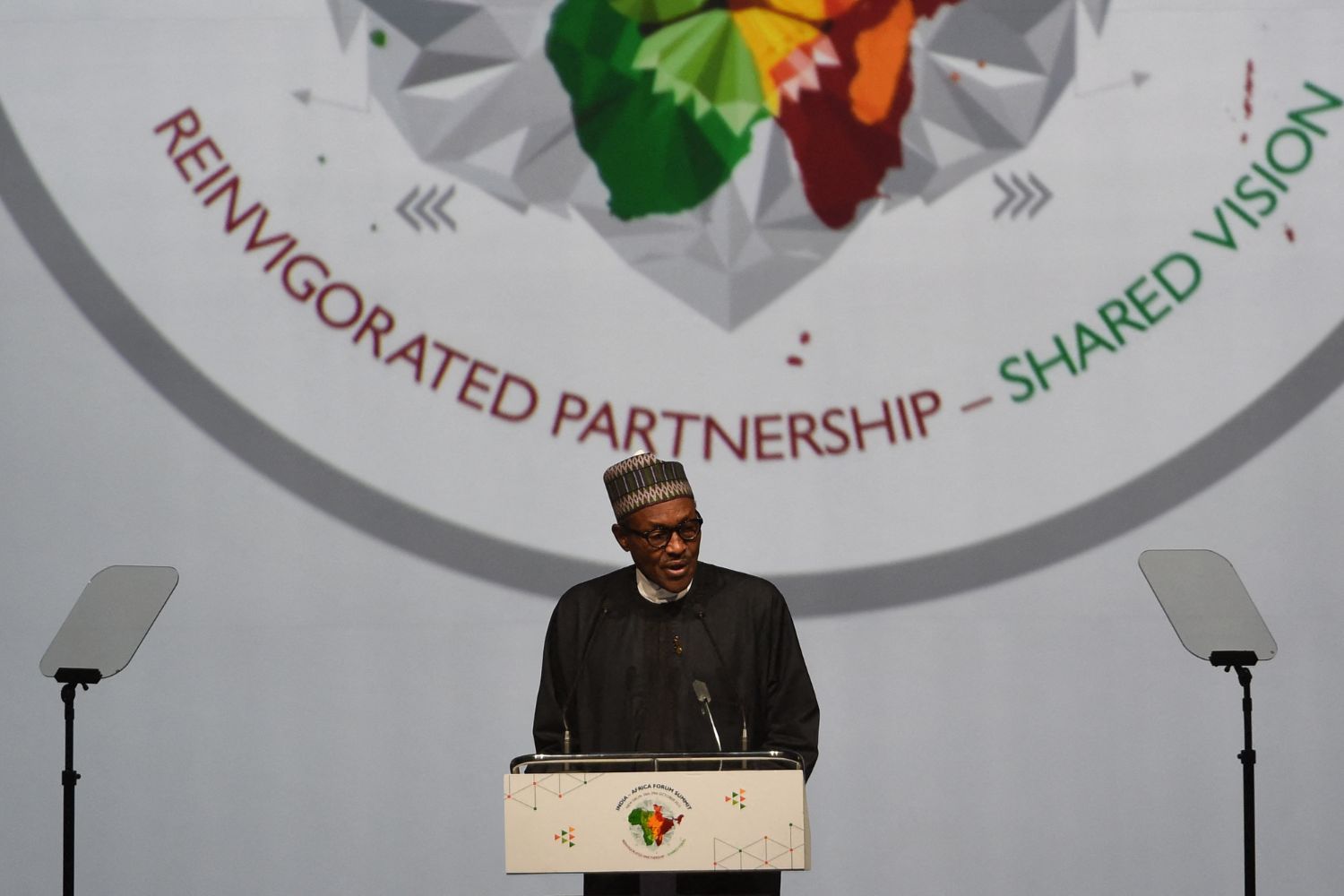India and Nigerian trade officials have met to discuss strengthening relations after reports that China’s investment in Africa is faltering. The International Monetary Fund said last year said that the ripple effects of China’s slowing economy extended to sovereign lending to sub-Saharan Africa. This lending fell below $1 billion last year, the lowest level for China in nearly two decades.
In response, Indian officials have held a Joint Trade Committee meeting with their Nigerian counterparts. The IMF says China’s influence on Africa is such that a one percentage point decline in Beijing’s growth rate could reduce average growth in the region by about 0.25 percentage points within a year. It says that for oil-exporters, such as Angola and Nigeria, the loss could be 0.5 percentage points on average.
However, a number of African countries are reported to be looking to each other to trade and invest.
Added to this, these countries are working with their own currencies in an effort to exclude the dollar and boost their own methods of paying. However, the IMF says China still has a role to play and has forged deep economic ties with countries in sub-Saharan Africa over the past 20 years.
This makes it the region’s largest single-country trading partner. China buys one-fifth of the region’s exports—metals, minerals, and fuel—and provides most of the manufactured goods and machinery imported by African countries. However, Nigeria is the second-largest trading partner of India in the Africa region. Bilateral trade between India and Nigeria stood at $11.8 billion in 2022-23.
In the year 2023-24, the bilateral trade stands at $7.89 billion showing a declining trend. With a total investment of $27 billion, approximately 135 Indian companies are actively engaged in Nigeria’s vibrant market. These investments traverse diverse sectors, encompassing infrastructure, manufacturing, consumer goods, and services. Therefore African countries have many options when looking to trade.













